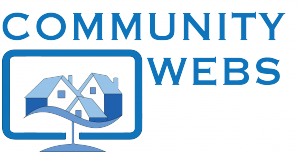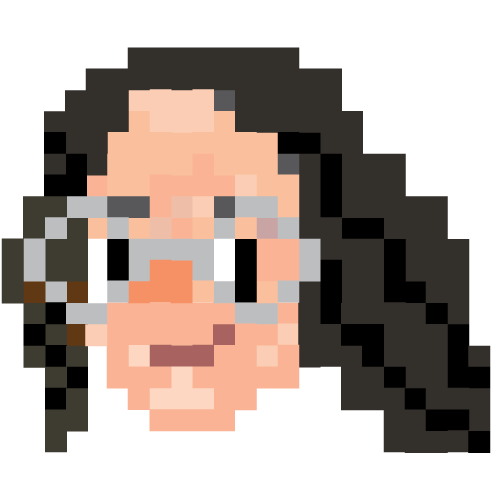The Library of Congress announced that Brewster Kahle, Digital Librarian and founder of the Internet Archive, has been named to the Copyright Public Modernization Committee (CPMC), with a mission to help modernize the technology-related aspects of the U.S. Copyright Office. More specifically the CPMC will support “the development of the new Enterprise Copyright System (ECS), which includes the Office’s registration, recordation, public records, and licensing IT applications, and will be encouraged to help spread awareness of the Library’s development efforts more broadly.”
The thirteen member panel is composed of leaders from the library and university worlds along with representatives from trade organizations representing the recording and publishing industries, and corporate giants Amazon and Warner Media. Kahle, who holds a BS in Computer Science and Engineering from the Massachusetts Institute of Technology, brings decades of experience in digital library issues, and is an inaugural member of the Internet Hall of Fame. “I am excited to collaborate to help modernize the U.S. Copyright Office. Let’s see how far we can get,” says Kahle.
The first meeting of the CPMC is on July 22, 2021 from 1-4 PM eastern time and is open to the public, by registration only. Register of Copyrights Shira Perlmutter and Library of Congress chief information officer Bud Barton will provide opening remarks, and Library subject-matter experts will provide an update on the development of ECS and other modernization efforts. Attendees will have an opportunity to hear directly from CPMC members and participate in a live Q&A. The meeting will be recorded and made available for viewing after the event.
Category Archives: Announcements
Cooking Up a New Home for 33,000 Culinary and Hospitality Books

Johnson & Wales University started as a business school in Providence, Rhode Island, in 1914, expanding over the years to offer 80 majors on multiple campuses.
In June 2021, declining enrollment led JWU to consolidate, closing its North Miami and Denver locations. This left the future of the university’s library collection at those sites in limbo. To save the collection, JWU Denver donated 33,000 books—primarily from its culinary and hospitality programs—to the Internet Archive to be preserved, digitized and many will be lent digitally.
Merrie Valliant, director of library services at JWU’s campus in Denver, curated the rich collection, encompassing titles dating back to the early 1900s. The hospitality section contains books on all aspects of the hotel and restaurant business including management, leadership, and accounting. There are books on menu planning, food science and nutrition. And the assortment of cookbooks covers global cuisines and novelties, including Balinese and Indonesian food, an Antarctic expedition cookbook from 1945 with recipes for penguins and walruses—and even books on just a single ingredient, such as strawberries.
“We had cookbooks from all countries, all states and every continent. If someone were to look for an interesting recipe of Jamaican jerk or a good creole recipe from Louisiana, they would be able to find it,” Valliant said.
“The Internet Archive is going to keep it alive…It’s truly the library of the future…”
Merrie Valliant, director of library services, JWU Denver
With JWU’s 12,000 students only attending classes now in Providence, Rhode Island, and Charlotte, North Carolina, the library needed to downsize, and donating was the best option, Valiant said. In addition to the hospitality books, the donation included books on sports and event management, as well as books on criminal justice, business, law, history and fashion design.
The collection is clearly a treasure, said Liz Rosenberg, manager of donations for the Internet Archive.
“Merrie had been the librarian caring for these books for the past 20 years and she shared her hope that more students might be able to continue being inspired by the collection,” Rosenberg said. “Her dedication to the library at the Johnson and Wales Denver campus and her students was what got the Internet Archive so excited about preserving this great collection. We are pleased it can live on digitally.”
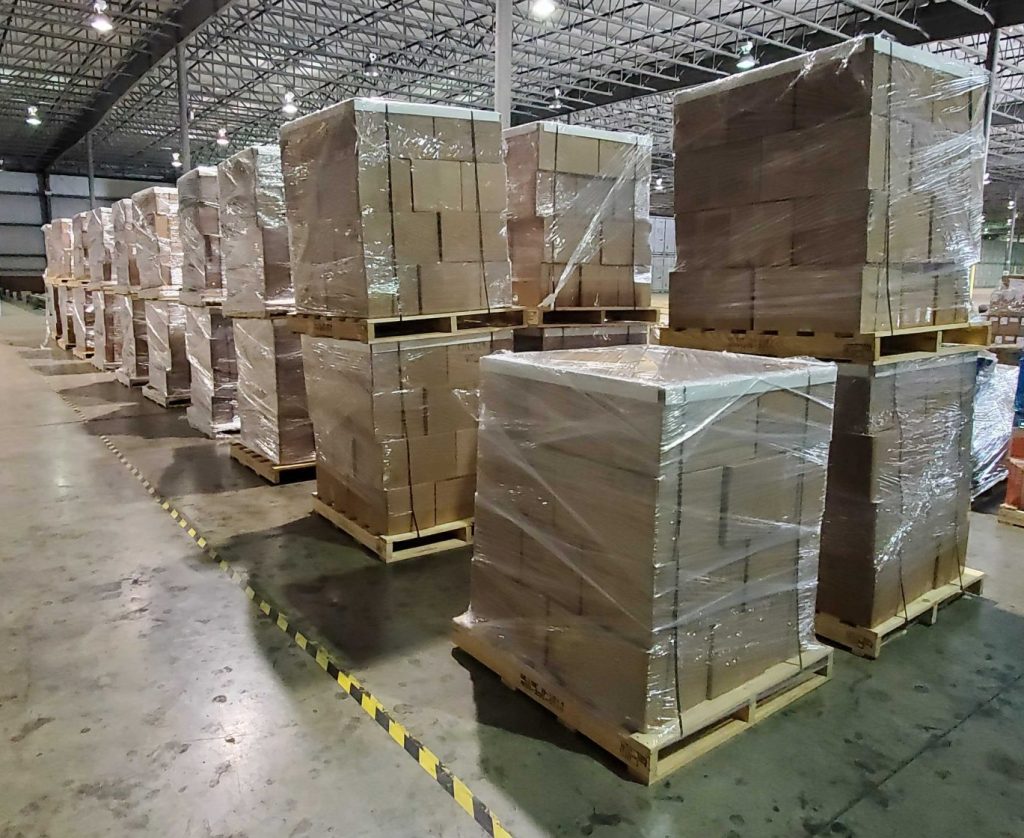
In May, Valliant, student workers, and volunteers helped fill more than 900 boxes with books from the Denver library. The 45 pallets were transported to the Internet Archive where they will be preserved and queued for scanning. “I had cataloged and touched almost every book on the shelf,” Valliant said. “It really was difficult to watch it being driven away. It felt like a family saying goodbye to a distinct part of their life.”
Yet, the books will have a future audience for years to come.
“The Internet Archive is going to keep it alive,” Valliant said. “It’s truly the library of the future where you can access it 24/7/365 when you need it. I think it’s wonderful that we’ve been able to contribute to that collection of information.”
***
If you have a collection that you would like to make available to all, the Internet Archive would be happy to preserve and digitize your materials:
- Check out our help center article for more information about donating physical items to the Internet Archive.
- Watch the recent webinar about our physical donations program.
Community Webs joins the Digital Public Library of America
Internet Archive’s Community Webs program is delighted to announce a partnership with the Digital Public Library of America (DPLA) to ingest metadata from the over 700 publicly available Community Webs web archive collections into DPLA. These collections include thousands of archived websites and millions of individual web-published resources that document local history and underrepresented groups. The Internet Archive has been a DPLA content provider since 2015, primarily contributing content from our many print digitizing partnerships. Community Webs will also join DPLA as a member and we are excited for this opportunity to add hyperlocal born-digital and web collections from public libraries nationwide into DPLA’s national portal to cultural heritage collections.
The Community Webs program was launched in 2017 to provide training, infrastructure, services, and professional community cultivation for public librarians across the country for the purpose of documenting local history and community archiving, especially documenting communities and populaces traditionally excluded from the historical record. The program is in the midst of nationwide expansion and currently includes more than 100 member public libraries who are collaborating with local organizations, movements, and groups to document the lives and accomplishments of their citizens. The program continues to add new public libraries and cultural heritage organizations to support and scale their community archiving and has an open call for applications in the US, Canada, and internationally for additional public libraries and local heritage organizations to join the program. Examples of Community Webs collections include:
- Community Webs members have created more than 30 collections documenting local responses to the COVID-19 pandemic, including COVID-19 Coronavirus East Baton Rouge Parish from East Baton Rouge Parish Library and Schomburg Center for Research in Black Culture’s “Novel Coronavirus COVID-19” collection which focuses on “the African diasporan experiences of COVID-19 including racial disparities in health outcomes and access, the impact on Black-owned businesses, and cultural production.”
- Community Webs members have created a number of collections documenting LGBTQ groups, events and other resources, including LGBTQIA/Hormel Resources from San Francisco Public Library and Birmingham Public Library’s “LGBTQ in Alabama” collection.
- Members are also actively archiving materials on their local or regional culture, such as Kansas City Public Library’s Arts & Culture collection, which “documents Kansas City’s thriving arts community, including galleries, museums, nonprofits, advocacy organizations, criticism and art spaces.”
- Many members have focused on documenting local social services or advocacy groups, such as Madison Public Library’s Racial Equity and Social Justice, Madison, WI collection of “organizations and non-profits that engage in public discourse on issues of racial equity and social justice.”
Working with a mission-aligned organization like DPLA and our shared values of collaboration, open access, and community empowerment made it an obvious fit for Community Webs member collections to also be available in DPLA. Some public libraries who are a part of the Community Webs program are also members of local or statewide DPLA content hubs, and already have digitized content available in DPLA.The partnership between DPLA and Community Webs will ensure that archived web and born-digital collections are accessible alongside similar digitized materials for seamless discovery and access for uses. Pairing Community Webs’ free archiving, infrastructure, education, and other services with DPLA’s aggregation tools, hubs networks, and its advocacy role will help expand national access and capacity for making primary sources, and a more diverse archival record, accessible to any online user,
“DPLA’s new partnership with the Community Webs program will help further our mission to provide free digital access to cultural heritage artifacts that inform a truly representative history of our nation, “ said Shaneé Yvette Murrain, director of community engagement for DPLA. “We are thrilled to be deepening our work with Internet Archive through a program so perfectly aligned with our organizations’ shared values.”
“Pairing the community web archives of 100+ public libraries and the cohort cultivation that are part of Community Webs with the national scope and professional networks native to DPLA is a perfect match. We are excited to expand access to these amazing grassroots digital collections,” said Jefferson Bailey, Director of Web Archiving & Data Services at Internet Archive.
We are excited to be partnering with DPLA to increase access to these vital community history collections and look forward to building more integrations and furthering this collaboration in the years to come.
Internet Archive Joins Communia, Celebrates its 10th Anniversary

The COMMUNIA Association is an international network of activists, researchers, and practitioners from around the world. Founded a decade ago, Communia advocates for policies that expand the public domain and increase access to culture and knowledge. Now, in celebration of its ten-year anniversary, Internet Archive is pleased to announce that it has officially joined Communia.
At its founding, Communia issued 14 policy recommendations. Broadly speaking, these recommendations stand for a balanced approach to copyright that would help expand access to knowledge. On the occasion of its tenth anniversary, Communia held a series of events, and launched a new webpage, to reflect on these recommendations in view of the past ten years of copyright policy and to consider what the future may hold.
Meanwhile, Communia has continued to engage in the day-to-day work of advocating for a more balanced copyright. For instance, over the past several years, Communia has been a key voice regarding the European Union’s Directive on Copyright in the Digital Single Market. Like many others, we spoke out against many aspects of this new law. But the work did not stop there—as an EU Directive, this new law has to be transposed by each EU member state: implemented through passage of their own national laws. And because member states have discretion in how exactly to implement the directive, there has remained the important—but challenging—work of trying to guide its implementation in the best possible way. Communia took on this extraordinarily difficult task.
To do so (as they recently explained), Communia built a network of local advocates in each of the 27 member states. They then worked with these local advocates to try to guide the national implementations of the DSM directive so as to maximize access to knowledge and culture and the protection of users’ rights. More recently, they launched the Eurovision DSM contest, tracking the status of each member states’ implementation of the directive and scoring them along important metrics including transparency and safeguards for user rights. This is challenging and resource intensive work; as a result, the public interest often does not have a seat at the table. Communia ensures that it does.
So we congratulate Communia on its tenth anniversary, and are thrilled to support and join in its work. We look forward to working alongside Open Future, Creative Commons, and all the others who have made Communia such an important voice in the copyright community over the past decade and are sure to do the same in the years to come.
Automatic Filtering: Back to the Future
The Government of Canada continues to consider fundamental changes to its copyright laws. In its latest proposal, what’s old is new again, as Canada once more considers automatic content filtering online. Internet Archive Canada strongly opposes these proposals, and submitted a formal response to the Government explaining why.
Unfortunately, these are not new ideas. For over a decade, website blocking, automatic content filtering, internet bans, and other draconian copyright measures have been urged on governments around the world. With political leaders looking at large technology companies with a new eye, both the United States and the European Union have expressed a new openness to these previously rejected ideas. Now styled as attempts to reign in “big tech,” what is really at stake is the free and open internet, which offers so much to the individual user and makes websites like archive.org possible.
Fortunately, while the Government has outlined a variety of potentially troubling changes to Canada’s Copyright Act, it has also stated that “[s]ignificant changes” to Canada’s copyright law are “not presently being contemplated.” In the circumstances, Internet Archive Canada is simply asking the Government to recognize the tremendous significance of these kinds of proposals and refrain from enacting them at this time. Many others have done the same; indeed, our friends at Open Media asked all Canadians to voice their concerns .
Internet Archive Canada is proud of its history in Canada, and we have often lauded Canada’s bright and positive approach to copyright. We are hopeful that reason will once again prevail in the Canadian copyright debates, and that the Government of Canada will work to ensure good copyright policy and strong libraries in the 21st century and beyond.
Community Webs Seeks Applicants from the US, Canada and Around the World
The Internet Archive is seeking applicants for its next cohort of Community Webs! We are thrilled to announce that the program is now open to additional cultural heritage organizations in the US, as well as any public library or local memory organization in Canada and internationally.
Community Webs provides infrastructure and services, training and education, and professional community cultivation for public libraries and cultural heritage organizations to document local history and the lives of their communities. Launched in the US in 2017 with kickoff funding from the Institute of Museum and Library Services (IMLS), Community Webs began expanding nationally in 2020 with generous support from The Andrew W. Mellon Foundation. Building on the program’s success and continued growth, Internet Archive is now supporting expansion of the program into Canada and to the international community, and is accepting applications for our next cohort kicking off in late-Summer 2021. The deadline for applications is August 2, 2021.
- For US-based Organizations: Call for Applications & Direct Application Link
- For Canadian Organizations: Call for Applications & Direct Application Link
- For International Organizations: Call for Applications & Direct Application Link
The program offers a unique opportunity for participating organizations to build capacity in digital collecting. Community Webs participants work alongside peer organizations and with their local communities to document the lives of their citizens, marginalized voices, and groups often absent from the historical record. All Community Webs participants receive:
- A guaranteed multi-year free subscription to the Archive-It web archiving service, which includes perpetual storage and access provided by the Internet Archive.
- Access to additional Internet Archive non-profit services, such as digitization and digital preservation, either for free (as funding allows) or at or below actual cost.
- Training and educational resources related to digital collections, web archiving, digital preservation, and other topics, as well as access to a cohort community pursuing similar work and to networking spaces, events, and knowledge sharing platforms.
- The option to leverage program partnerships and integrations to include community web archives in other aggregators or access platforms beyond Internet Archive.
The program currently includes over 100 public libraries from across the United States. These organizations have collectively archived over 70 terabytes of web-based community heritage materials. Some highlights include:
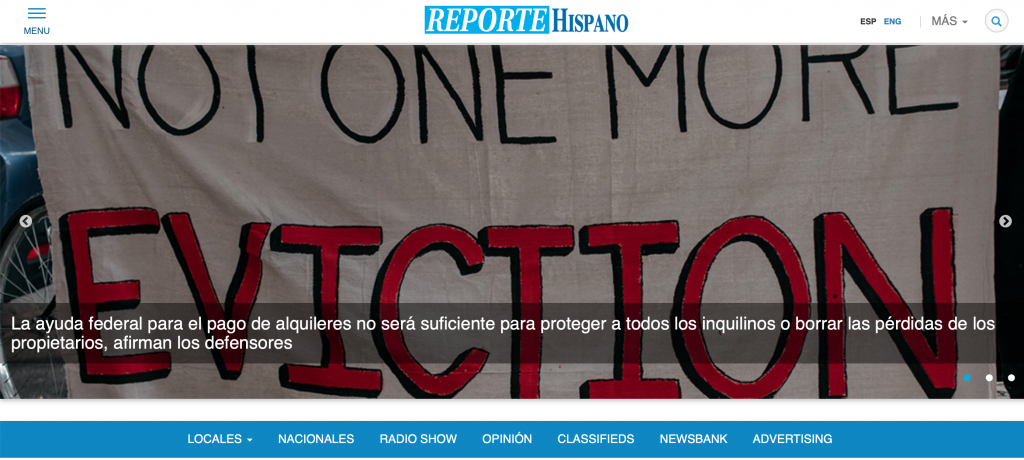
- New Brunswick Free Public Library in New Jersey is documenting the city’s Black Lives Matter movement, spanish language newspapers, and local theatre projects.
- Athens Regional Library System, Forbes Library, Grand Rapids Public Library, and many others have created collections capturing their communities’ experiences of COVID-19.
- Schomburg Center for Research in Black Culture, Kansas City Public Library, East Baton Rouge Parish Library and more are documenting art and artists in their communities.
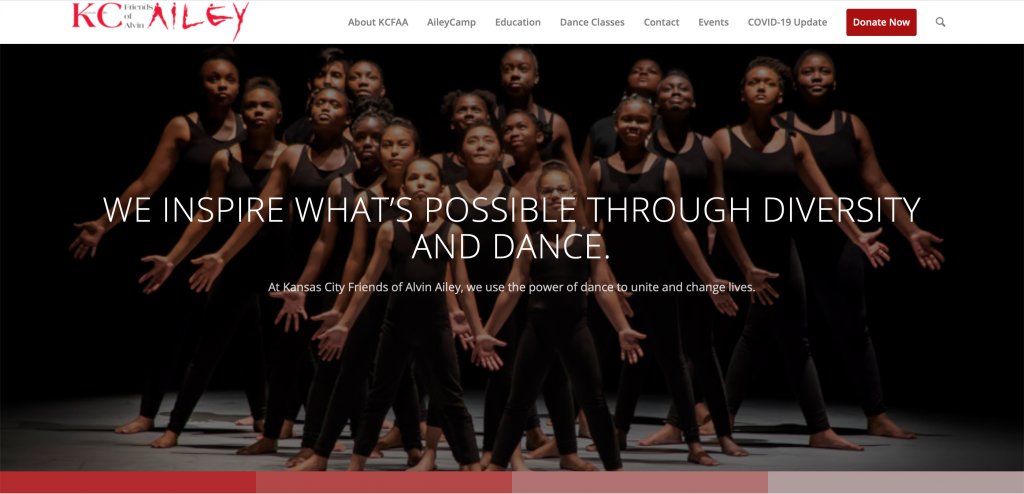
The benefits of the program are wide-ranging and impactful for both participants and their communities. As Community Webs member Makiba J. Foster of the African American Research Library and Cultural Center in Broward County, Florida stated during a recent Community Webs event, Archiving the Black Diaspora, “Community Webs provided me with the training, they provided me with the cohort support, […] provided me with services, and particularly it helped to develop an expertise for me in terms of creating collections of historically significant web materials documenting our local communities.” The program “allowed me to start a project of recovery and documentation of digitally born content related to the Black experience.” More information about what Foster and other Community Webs members are up to can be found by viewing our recent program announcements.
Find out more about the program and keep up to date by visiting the Community Webs website. Apply online today and spread the word!
- For US-based Organizations: Call for Applications & Direct Application Link
- For Canadian Organizations: Call for Applications & Direct Application Link
- For International Organizations: Call for Applications & Direct Application Link
“Hello (again), World!” SF Party Tuesday June 15 6p – 8:30p
Don’t know how to celebrate the end of your quarantine? Come join us in commemorating the Re-Opening of California with a small-scale outdoor BBQ at the Internet Archive featuring music from the consciousness-expanding San Francisco Airship. FREE!
Let’s dance into a Summer of Love.

Tuesday June 15
6p – 8:30p (weather permitting)
300 Funston Side Yard (at Clement)
- Hot Dogs, Veggie Dogs, Chips
- Tours of the Internet Archive
- The Amazing Kraynork will amaze with walk around magic tricks
- Masks and hand sanitizer will be provided
- CDC guidelines can be helpful on mask use (but keep the distance you are comfortable with)
Game Not Over! Fireside chat and panel with John Carmack
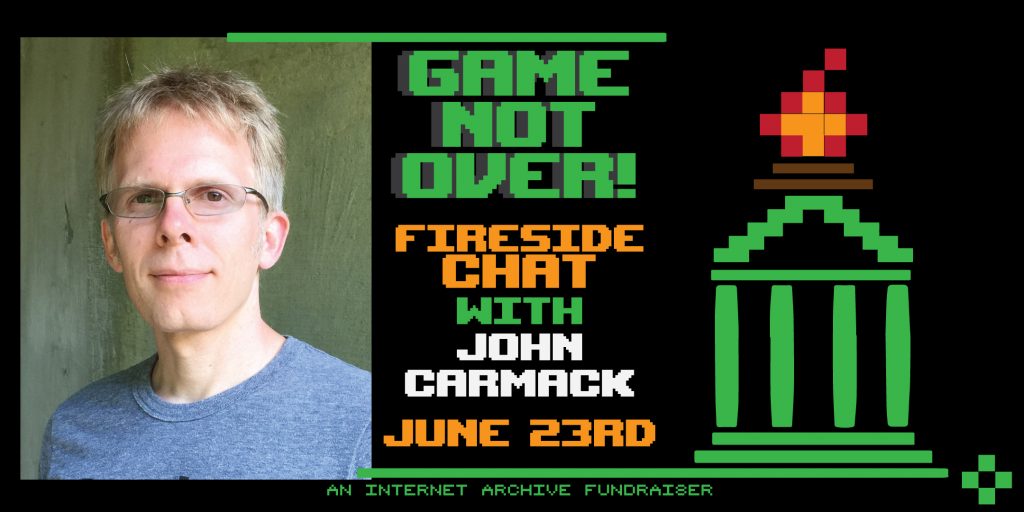
On Wednesday, June 23rd, please join us for the special virtual event Game Not Over with John Carmack. For decades, gaming has been one of the central driving forces behind technological progress in the digital age—from increased storage and memory needs to advancements in graphic capabilities, and even how we interact with and socialize around media and each other. How has this medium morphed and changed, and more importantly, how do we preserve this reflection of our culture into the future?
The virtual event will include a virtual fireside chat with John Carmack, independent AI researcher and Consulting CTO to Oculus/Facebook. A panel discussion will follow with Garry Kitchen, Industry Consultant and President/CEO of Audacity Games; Kelsey Lewin, Co-Director of the Video Game History Foundation; Kate Willært, Geek Culture Historian and Founder of A Critical Hit!; and Internet Archive’s Free-Range Archivist Jason Scott. Join us as they take a unique look at the past and present of the gaming industry, as well as why the Internet Archive is key to understanding its history.
This event is an Internet Archive fundraiser. Admission will go towards the long-term preservation of our software collection and our mission of providing universal access to all knowledge. Tickets will sell quickly, so reserve your spot today!
About the Speakers
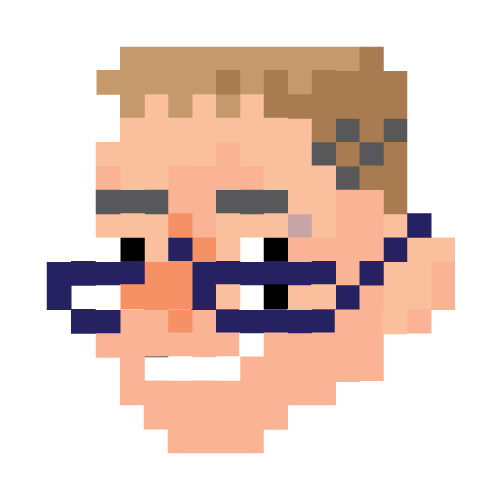
John Carmack is an independent AI researcher and Consulting CTO to Oculus / Facebook. As a founder of Id Software in 1991, he built many of the pillars of today’s game industry—the first-person shooter genre, 3D accelerated rendering, network gaming, and user-generated content. In 2000, he founded Armadillo Aerospace, working part-time to design and build reusable rocket ships, both manned and unmanned. In 2012, the modern era of virtual reality began with his demonstration of Doom 3 running on Palmer Lucky’s Rift prototype at E3.
John Carmack was inducted into the Academy of Interactive Arts and Sciences’ Hall of Fame in 2001, awarded two Emmy® awards for his work in graphics technology in 2006 and 2007, received a Lifetime Achievement Award from the GDC in 2010, and in 2016 was awarded the prestigious BAFTA Fellowship Award.
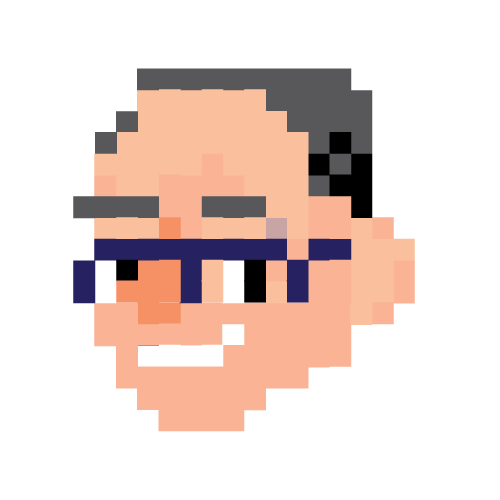
Garry Kitchen is a renowned entrepreneur and toy/video game designer. Kitchen’s hit games include Donkey Kong (Atari 2600), Keystone Kapers, Garry Kitchen’s GameMaker (1985), and Bart (Simpson) vs. the Space Mutants. Garry’s awards include Designer of the Year, Video Game of the Year, SPA Excellence in Software, and a Webby Award. His work is addressed in many documentaries, including World 1-1, Atari: Game Over, Batteries Not Included, The Artists, and Unlocked: The World of Games, Revealed. Kitchen serves on the Advisory Board of the National Video Game Museum (nvmusa.org).
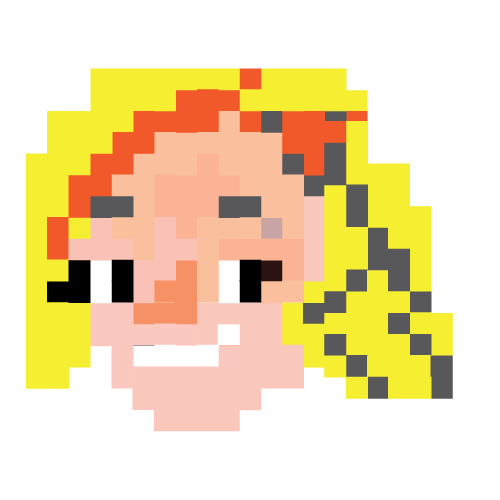
Kelsey Lewin is a video game historian and the co-owner of retro game store chain Pink Gorilla Games in Seattle, Washington. She has been with The Video Game History Foundation since 2017, and currently serves as its co-director.
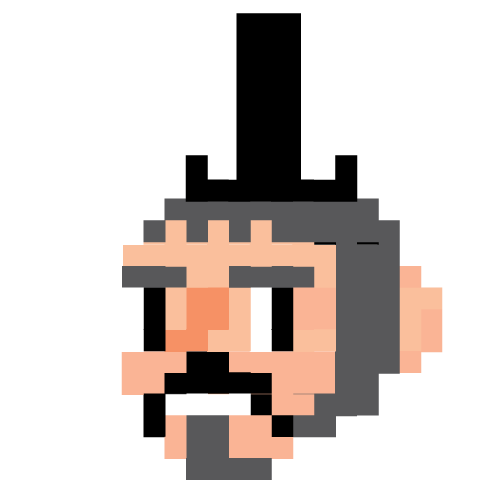
Jason Scott is the Free-Range Archivist at the Internet Archive. Since 2011 he has assisted in the acquisitions of many different items into the Archive’s stacks, as well as being the Software Curator, in charge of the incoming vintage software items being added to the Archive. Besides his archiving work, Jason has also been a documentary filmmaker, interviewing hundreds of people across 15 years for three major documentaries (BBS, GET LAMP, DEFCON) and has also run a podcast of his own, Jason Scott Talks His Way Out of It, since 2018.
Behind the Curtain of the Hamilton Public Library Theater Book Donation
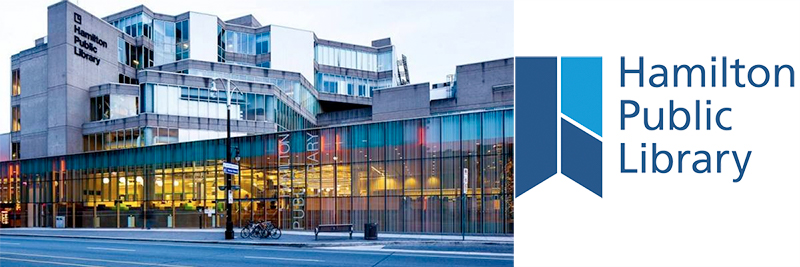
Ever wonder what it looked like inside the old concert halls of London? Curious to learn about the English folk tradition of mummering, where people dress up in disguise and perform in plays in their neighborhoods?
Soon readers all over the world will be able to dive in and learn more once nearly 1,000 books about theater history from the 18th and 19th centuries are online. The collection was recently donated by the Hamilton Public Library (HPL) in Ontario to the Internet Archive for digitization.
“Through our partnership, we are just so appreciative that the Internet Archive is able to make the collection available to the world 24/7,” said Lisa Weaver, director of collections and program development at HPL.
The rich array of books was given to HPL in 1984 by a local university drama professor who was interested in the cultural history of the theater. The collection includes books on the technical details of theater, such as lighting and staging, different actors and playwrights in the theatre community, as well as architecture of various types of British and American theaters.
Because some of the donated books were written by the donor, the availability of the entire collection allows interested researchers to follow the evolution of an author’s perspective on a subject. “The ability to trace the history of thought and ideas is a powerful tool,” said Ryan Johnston, archivist of local history and archives at HPL. “This helps achieve one of the original promises of the Internet, namely as a vehicle for democratizing thought—making knowledge as broadly accessible as possible by removing many of the geographical and physical barriers.”
“The pandemic has taught me that people are really looking for material to be as easily accessible as possible.”
Ryan Johnston, archivist, Hamilton Public Library
The Canadian library was doing a standard periodic review of its holdings, when it was determined the collection of American and British material did not fit within the public library’s mandate, which focuses primarily on works from the Hamilton area. The library contacted several university libraries and theater archives to find a new home for the collection, but ultimately decided the Internet Archive would provide access to the broadest audience.
“In the stewardship of collections, it’s a fine balance between what you can accept and what you can realistically store,” Johnston said. For HPL, it made more sense to donate to the Internet Archive, which could take a physical copy of a book, digitize it, and put it online for interested readers no matter their location. “This way we are doing both good collections management and also increasing accessibility,” he said.
HPL donated more than 70 boxes of books on two pallets, which were transported by the Internet Archive to its physical archive facilities. After the books are digitized, the print copies will be put in long-term storage out of circulation, and the digital books will be made available through controlled digital lending. The books cover a wide variety of topics including theater construction, history of traveling troupes, theater lighting in the age of gas, the art of scenic design and other aspects of the evolution of the theater.
Johnston said he expects the books will appeal to anyone with an interest in the theater, including historians, researchers and the general public. Although there was a time when physically holding everything was the way to ensure long term preservation, Johnston encourages others to look at the opportunity of partnering with the Internet Archive to digitize materials.
“It’s important that any institution—whether that’s a library, archive or museum—do a reappraisal of their collection and take a hard look at their options,” Johnston said. “If anything, the pandemic has taught me that people are really looking for material to be as easily accessible as possible. The more memory institutions can do that, the better.”
***
If you have a collection that you would like to make available to all, the Internet Archive would be happy to preserve and digitize your materials:
- Check out our help center article for more information about donating physical items to the Internet Archive.
- Register now for our upcoming webinar about our physical donations program – May 27, 2021 @ 1pm ET
Frequently Asked Questions About Controlled Digital Lending
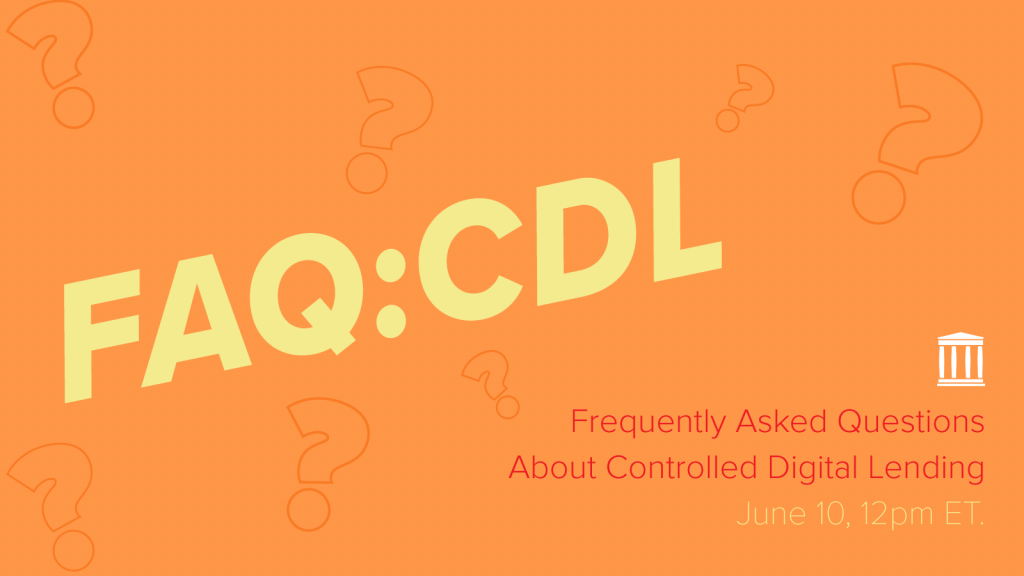
View the video recording
Have questions about Controlled Digital Lending? Join us for a webinar on June 10!
Controlled Digital Lending (CDL) is a widely used library practice that supports digital lending for libraries of all sizes. Even though CDL is used at hundreds of libraries around the world, questions remain about this important innovation in digital library lending. In this session, we’ll be tackling the most commonly asked questions surrounding CDL and answering some of yours. Bring your thoughts and ideas – it’s the summer of CDL.
This session is co-sponsored by EveryLibrary, Internet Archive & Library Futures.
Register now:
Jun 10 @ 12:00 PM Eastern
View the video recording
Note: The webinar will be recorded. Go ahead and register even if you can’t join the synchronous session. All registrants will receive an email after the event with a link to the recording, which will also be shared at archive.org and across social media.

